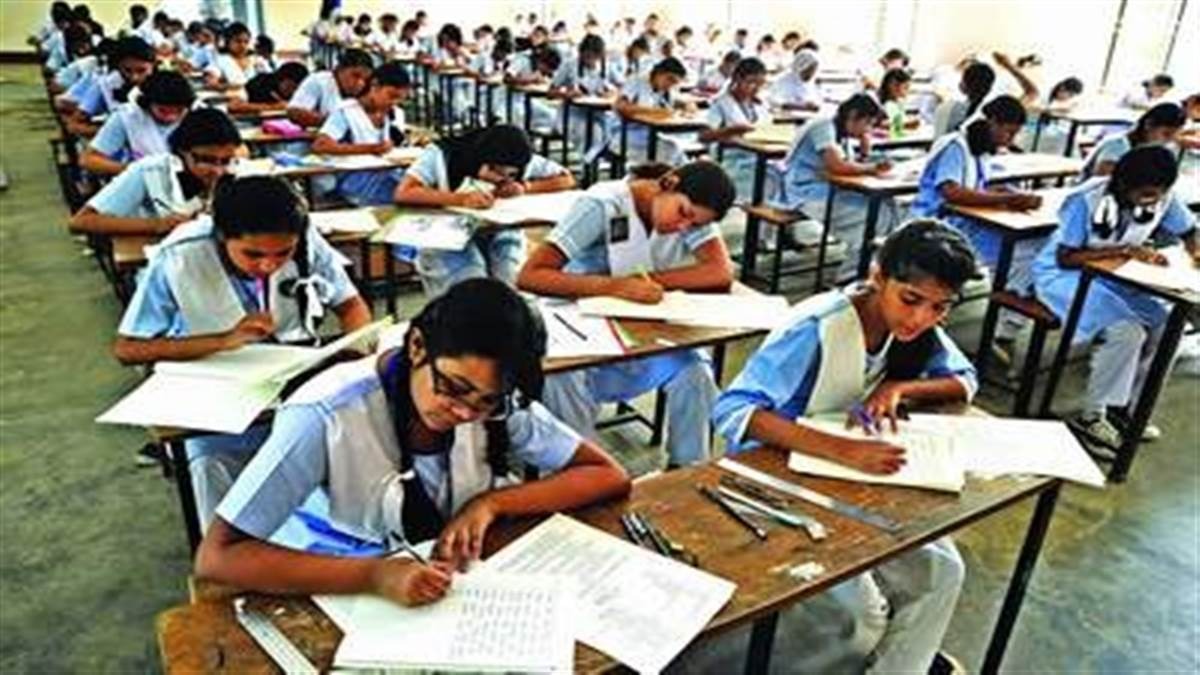The discussions that the Union Education Ministry is going to have with the state governments with the aim of bringing uniformity in the examinations of all the school boards of the country should yield fruitful results. There are still more than sixty school boards across the country. There are differences between them at many levels. These differences become a problem in national level entrance examinations. First, the syllabus of different school boards is different and second, their evaluation system is also different. This has led to a huge difference in the percentage of students passing. For example, the percentage of students passing class 10 in Meghalaya is 55-56, while in Madhya Pradesh it is 60-62 percent and in Telangana it is more than 90 percent. It is no secret that some school boards follow a more liberal grading policy. There is also a difference in the duration of examinations of different school boards. Some school boards complete the examinations in less than a month while some complete the same task in one and a half to two months. When students from different school boards appear for an entrance exam held at the national level and their 12th marks are given importance, the organisers of the exam face a problem. The problem is not just that there is a difference in the curriculum and assessment standards among the state school boards. The issue is also that there is a lack of uniformity even at the level of the central school boards. This does not make any sense. Since education is also a state subject, they have the right to run their school boards, but that does not mean there should not be uniformity.
This uniformity should be done because it will bring students from all over the country on one platform and establish healthy competition among them. There should not be uniformity in the curriculum and evaluation of students of all school boards just because the new National Education Policy demands it. This should also be done so that the feeling of unity increases among all school students. After all, why can't the curriculum of all school boards be made almost the same? If this can be done, then it will also help in the proper implementation of the Right to Education Act and gender inequality in the level of education will also be removed. For this reason, the National Commission for Protection of Child Rights has asked all the Chief Secretaries and Secretaries related to school education to ensure uniformity in curriculum, textbooks and evaluation methods. This work should have been done by now. It is unfortunate that many state governments are not taking interest in this.
 look news india
look news india


